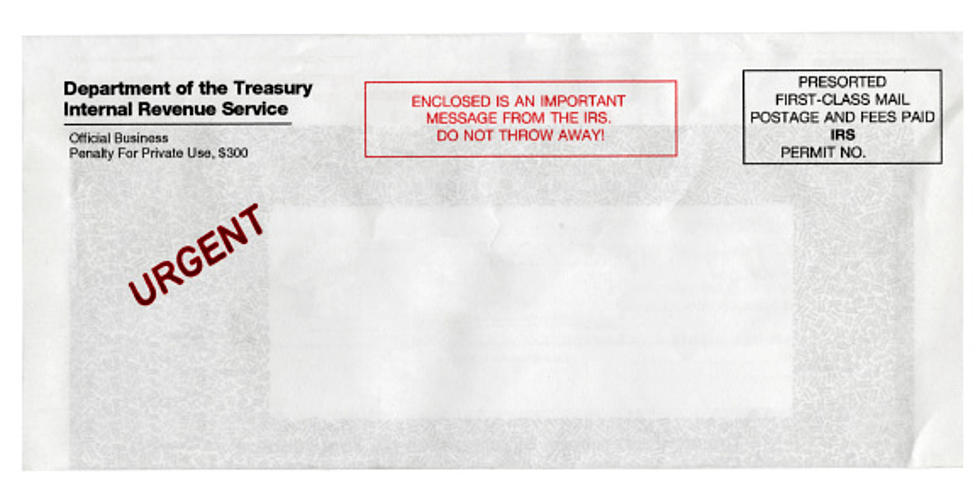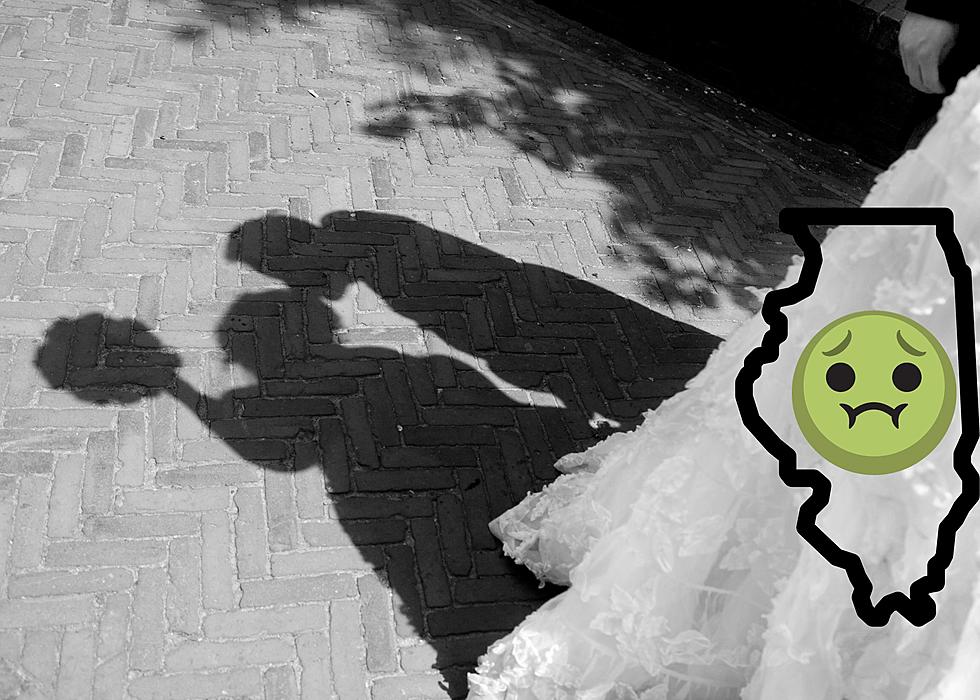
Scam: Illinois Residents Getting Phony Letters From “The IRS”
For a very long time, the Internal Revenue Service (IRS) has issued warnings about scam artists trying to trick you by using phone calls, emails, texts, and even direct-messaging on social media to convince you that they're for real.
The IRS has always said that they never reach out to make contact with any taxpayer by using the methods I listed above, and that contact is always initiated by a letter sent directly to someone.
Well, the game has changed because scammers are now sending out letters to taxpayers, too. These phony letters could cost you some serious money or your identification if you fall for it.
This Particularly Nasty Scam Doesn't Try To Trick You Into Thinking That You Owe The IRS Additional Money, But Instead Lures Victims In With The Promise Of An "Unclaimed Refund"
Sure, scammers are nasty, cruel, and heartless--but don't make the mistake of thinking that they're stupid. A quick study of human nature should tell you that more people will respond to the promise of getting more money, not owing more money.
According to the IRS,
The new scheme involves a mailing coming in a cardboard envelope from a delivery service. The enclosed letter includes the IRS masthead and wording that the notice is "in relation to your unclaimed refund."
Like many scams, the letter includes contact information and a phone number that do not belong to the IRS. But it also seeks a variety of sensitive personal information from taxpayers – including detailed pictures of driver's licenses – that can be used by identity thieves to try obtaining a tax refund and other sensitive financial information.
One Of The Quickest Ways To Tell If You've Gotten The IRS Scam Letter Is To Look Over How It's Been Written
The IRS points out that correspondence from the IRS will look professional, clean, and have information that you'd expect the IRS to have. NBCChicago.com:
If you're getting a letter from the IRS, take a look at it and you're going to know it's legit by the fact that it's professional and it's got all the information in it that you would assume to be an IRS letter, not a random one, and certainly not with all the bad punctuation and grammar that is in this particular scam.

